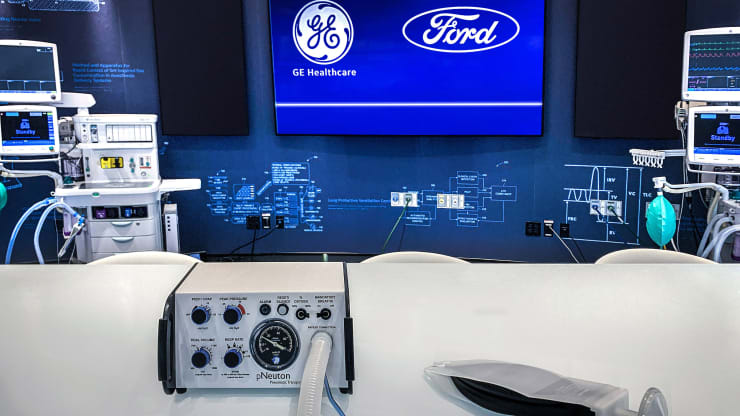- Discussions about solutions to common problems including those arising from arising from Covid-19 (e.g. resilience of supply chains) and steps to better to manage trade frictions arising from different types of capitalism.
- Negotiation of a Memorandum of Understanding on facilitating trade in medical goods and medicines that could later form the basis of a fully-fledged binding accord.
- Engagement with other bodies whose decisions seriously implicate cross-border commerce, including GAVI and others working on the production and distribution of a vaccine as well as the steps taken by other bodies to revive sea- and air-based cross-border shipment.
- A joint study of next-generation trade issues, including the trade-related aspects of the digital economy and the relationship between commercial policies and climate change.
- A review of the practices and operation of the WTO during crises, with an eye to ensuring extensive and sustained participation of members, stronger links and inputs to and from national capitols, and other pertinent organisational matters. The goal would be for the WTO membership to adopt a crisis management protocol.
Purposeful, pragmatic steps towards noble goals
Archbishop Desmond Tutu, that tireless campaigner against Apartheid, once remarked that “there is only one way to eat an elephant: one bite at a time”. After a decade of drift and backsliding, the task of revitalising multilateral trade cooperation may seem daunting. It may seem even more so after the disruption of the Covid-19 pandemic and the attendant slump in world trade.
Yet, in the same emergency lies the seeds of revival – especially, if trade diplomats can demonstrate the relevance of the WTO to national governments fighting this pandemic – ideally through an accord that eases the cross-border shipment of needed medical goods and medicines. Step by pragmatic step, the WTO can regain its centrality in the world trading system.
Ultimately, the pandemic affords the opportunity to reframe discussions on multilateral trade cooperation. Discussions between governments need to draw lessons from the second global economic shock in 15 years so as to rebuild a system of global trade arrangements capable of better tackling systemic crises and, more importantly, better able to contribute to the growing number of first-order challenges facing societies in the 21st century. Doing so will require revisiting the very purpose of the WTO.
© The Hinrich Foundation. See our website Terms and conditions for our copyright and reprint policy. All statements of fact and the views, conclusions and recommendations expressed in this publication are the sole responsibility of the author(s).





